All Stories
-
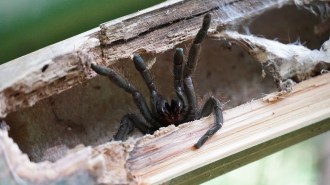 Animals
AnimalsThis newfound tarantula is the first known to make its home in bamboo
Bamboo stems provide the spider with ready-made burrows and nests, but the arachnid must rely on other animals or natural forces to gain entry.
By Becki Robins -

-

Why aren’t we listening to what science is telling us?
Editor in chief Nancy Shute discusses how the last century of climate science has mapped our understanding of today's climate crisis and solutions.
By Nancy Shute -
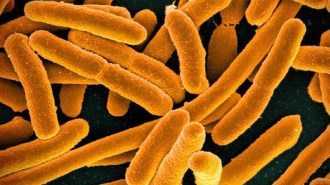 Life
LifeSome E. coli set off viral grenades inside nearby bacteria
A bacterial toxin called colibactin awakens dormant viruses embedded in bacterial DNA, but its ecological role is still unknown.
-
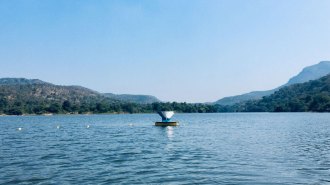 Astronomy
AstronomyAstronomers may not have found a sign of the universe’s first stars after all
A new study of radio waves from early in the universe’s history finds no hint of the “cosmic dawn” claimed by an earlier study.
-
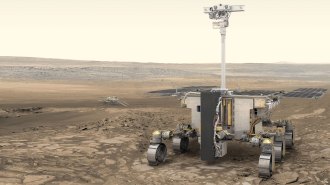 Space
SpaceHow Russia’s war in Ukraine hinders space research and exploration
A Mars rover, an X-ray telescope and several low-Earth satellites are at risk in response to international sanctions on Russia.
By Liz Kruesi -
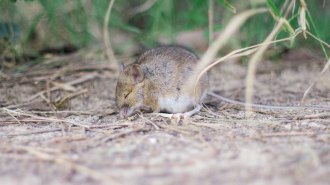 Neuroscience
NeuroscienceA hit of dopamine sends mice into dreamland
New results are some of the first to show a trigger for the mysterious shifts between REM and non-REM sleep in mice.
-
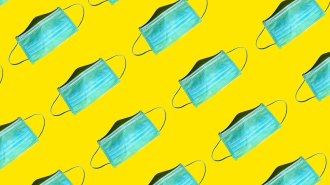 Health & Medicine
Health & MedicineHow to interpret the CDC’s new mask guidelines
Based on the CDC’s new metrics, most people no longer need to wear masks in most situations, but that could change.
-
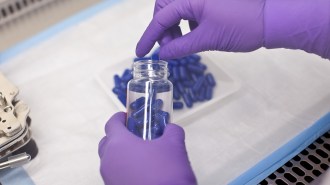 Health & Medicine
Health & MedicineFecal transplant pills helped some peanut allergy sufferers in a small trial
In a small study, a one-day fecal microbiota transplant allowed some peanut-allergic adults to safely eat one to two peanuts several months later.
-
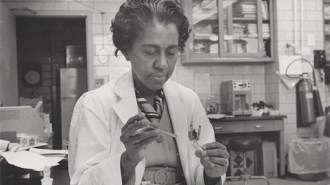 Chemistry
ChemistryMarie Maynard Daly was a trailblazing biochemist, but her full story may be lost
Marie Maynard Daly was the first African American woman to receive a Ph.D. in chemistry, but her own perspective on her research is missing from the historical record.
-
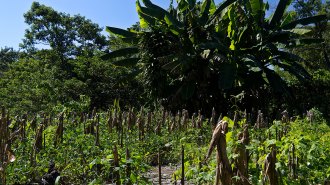 Science & Society
Science & Society‘Fresh Banana Leaves’ shows how Western conservation has harmed Indigenous people
Author and environmental scientist Jessica Hernandez discusses Indigenous displacement, conservation’s failures and how to improve the field.
-
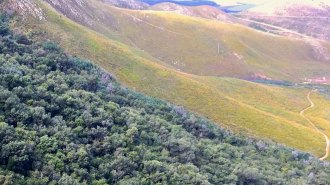 Life
LifeAfrica’s fynbos plants hold their ground with the world’s thinnest roots
Long, thin roots help this South African shrubland commandeer soil nutrients and keep the neighboring forest from encroaching on its territory.
By Jake Buehler